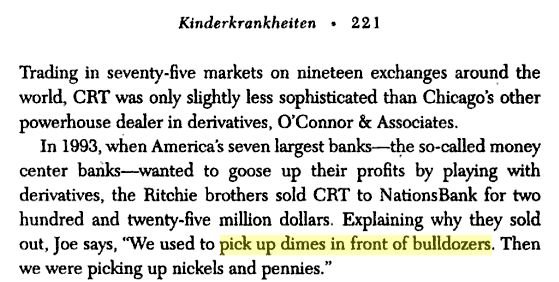Warning: I do not suggest that anyone buy gold. I know someone who got burned big time the last time gold was in a bull market. He didn't get out in time and didn't live long enough to see it recover.
I'm just trying to explain why I think it makes sense to me to own some, especially at this time. It's a good diversifier but it has its disadvantages. It has gone up a lot and could go down a lot. If you want to buy some, I recommend using your time machine and buying it in 2001 ;-)
My euros suffered a lot this year and it may not be over. Stocks are suffering. Real estate is not doing well. Banks are in trouble in Spain, maybe tomorrow in my country. Etc.
I personally don't care about the specifics of the catastrophes that might happen. Anything that causes a flight to safety would likely be good for my gold and compensate losses in other assets. (until the day that for one reason or another people don't want gold anymore, which is why I try not to overdo this) I lost buying power in my euros this year, but part of that loss was offset by gold moving up. I didn't own enough gold for it to compensate for all the buying power that my euros lost, but it's better than nothing and if things continue to worsen, gold will probably react much harder. (though I kind of expect extreme volatility and am aware that one day it will probably crater hard - by then I hope to have moved most of it into a more traditional portfolio)
I'm not especially preparing for this kind of situations, though it's nice to know that part of my money isn't just ones and zeroes in a computer that might disappear, but in a portable form that I could take elsewhere to build a new life. As interest rates are very low, so far I'm not losing much.
Wars do happen, my parents lived through the last war. It's one of the many reasons why it would be nice to have a big garden, but the risk seems low so I stay in a rental apartment until (hopefully) real estate becomes cheaper here. (prices are at a historic high; they may or may not go down from here; I'm hoping there will be a return to the mean)
Sounds great.

I don't own gold to help me survive in the short term. I own it hoping it will help to better preserve my capital in the long term. (until I find a better asset allocation or strategy). I'd try to get my food and water by different means, but not give up my gold.
Sooner or later things would improve and it would be nice not to have lost everything.
But if gold becomes illegal or crashes, I could lose it, yes. Therefore I don't bet the farm on it.
Most people have survived there, but many families have lost their wealth.
If I would wake up tomorrow and the euro would only be worth 1/3 of what it's worth today, my gold would probably mean that my chances at E-R might not be completely lost. (because gold would likely react very hard to such an event on such a scale) Same thing if the Eurozone would break up. I don't expect that to happen, but while it's improbable, it's technically not impossible.
We're each trying to cope with these strange days as good as we can.
Maybe I'll regret my choices and then you can tell me "told you so".

I'm trying to give it my best shot.



